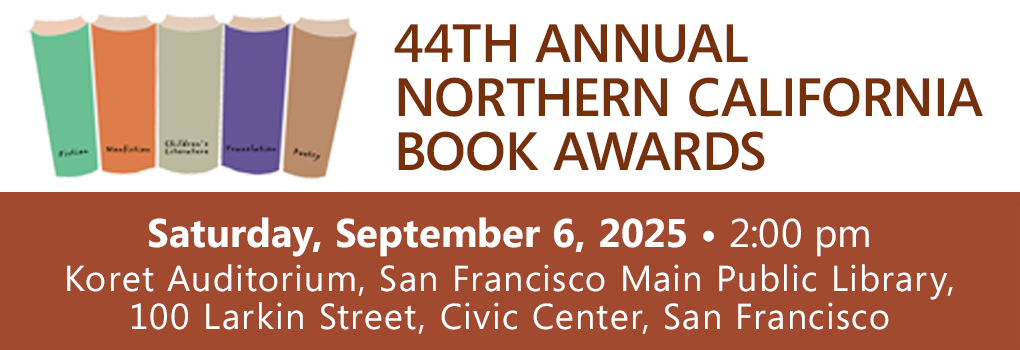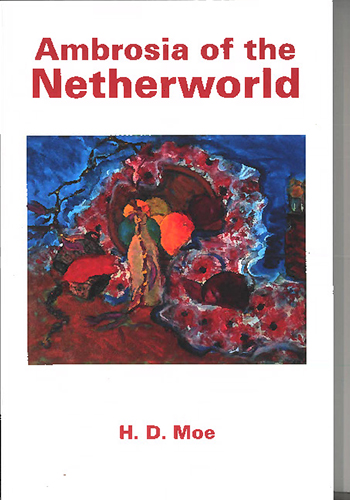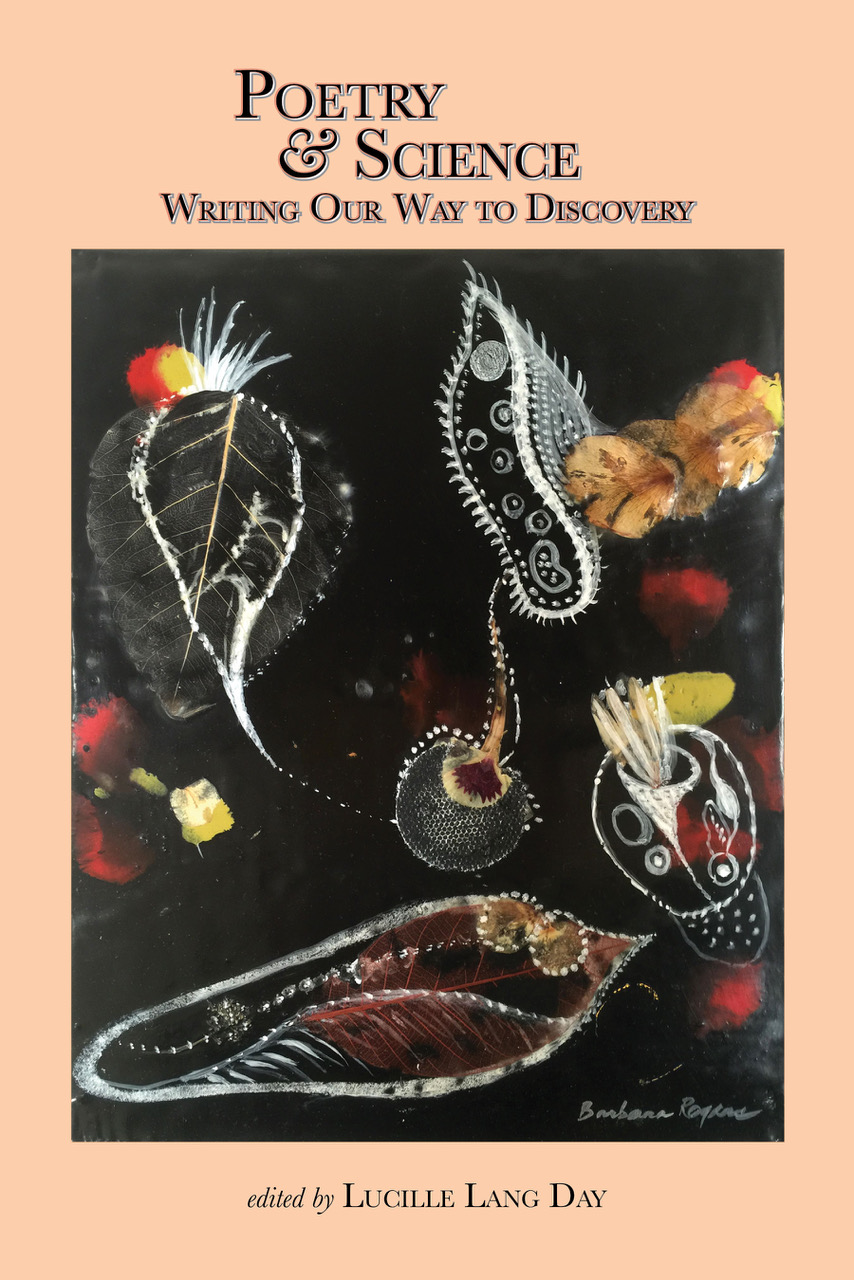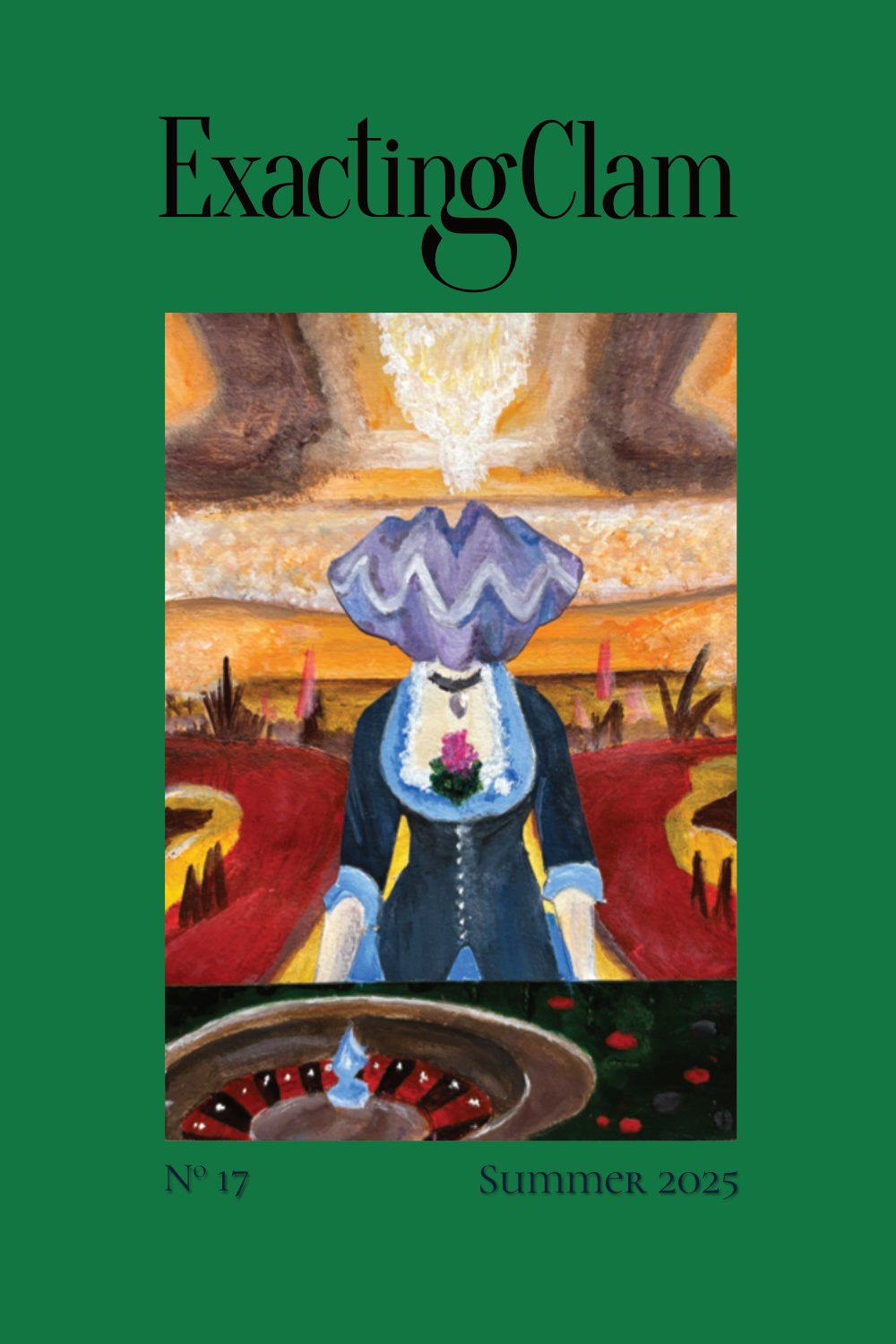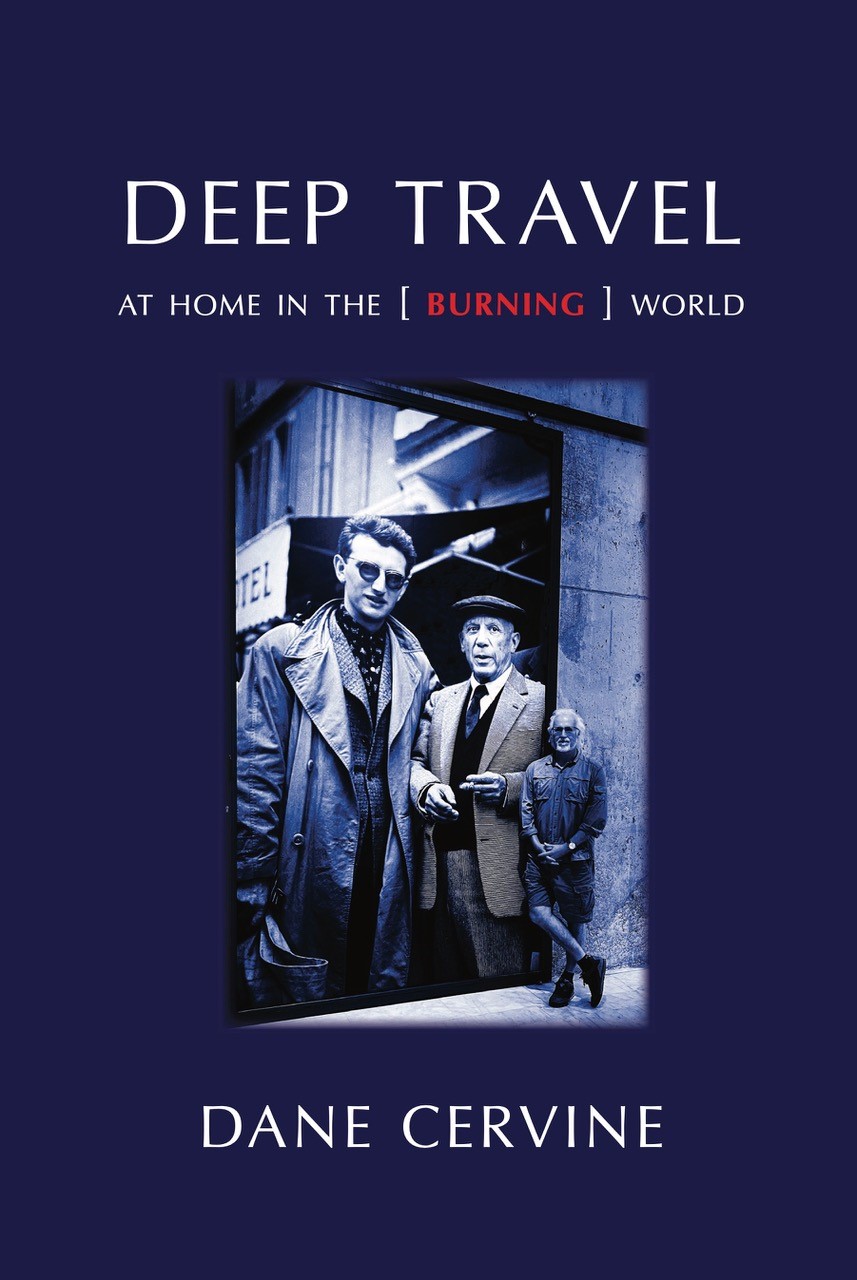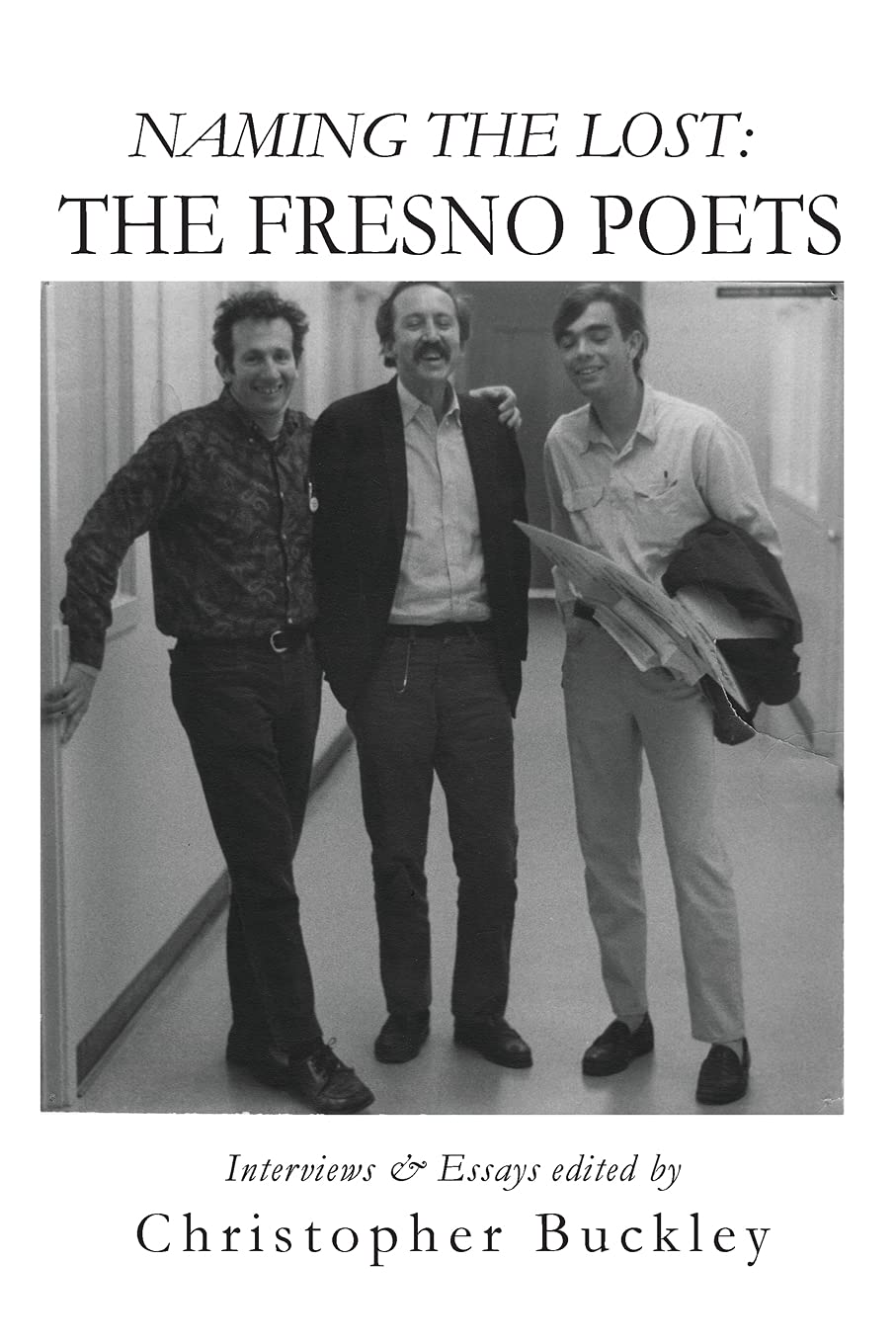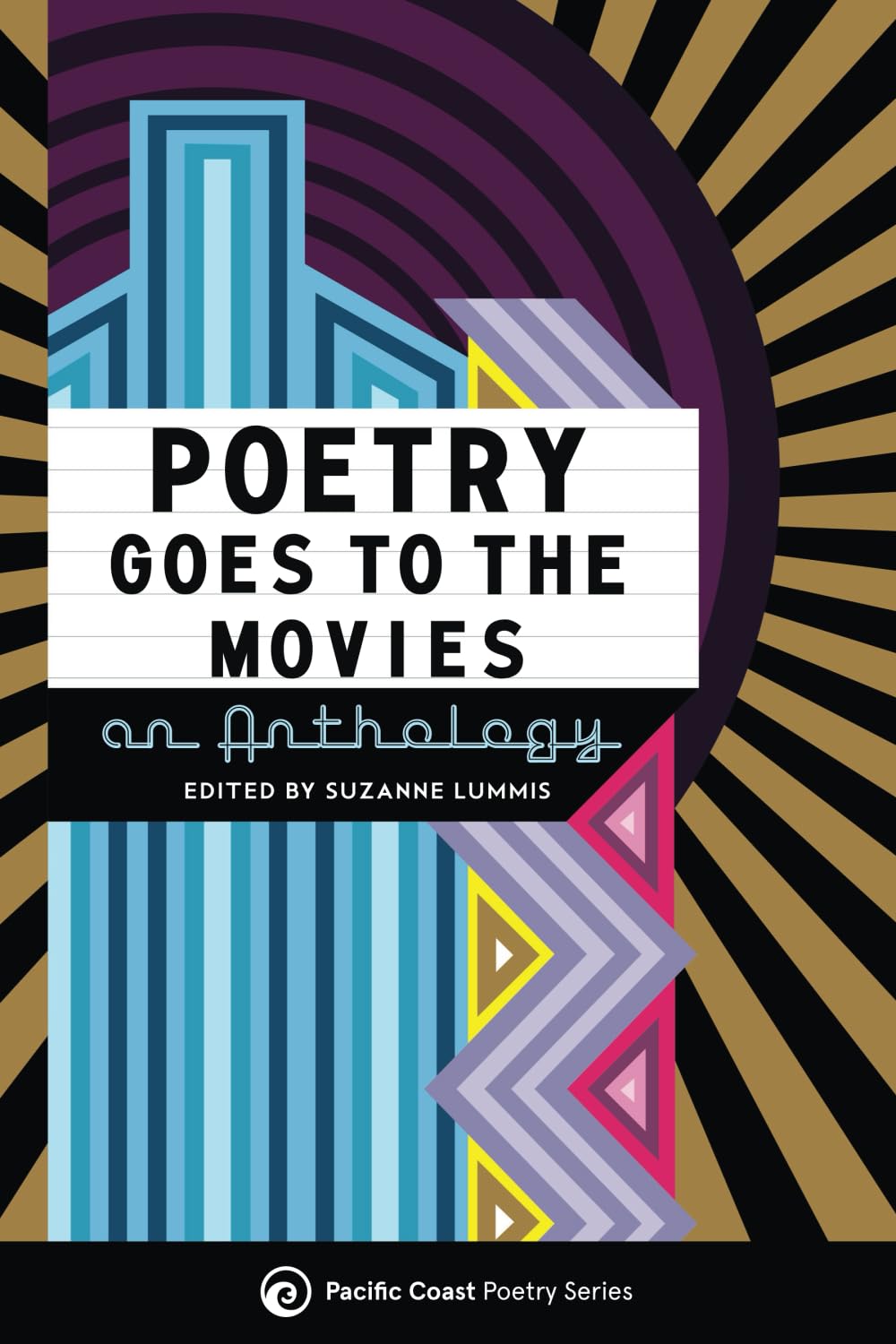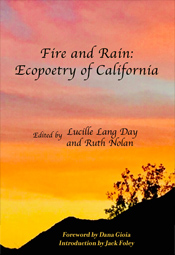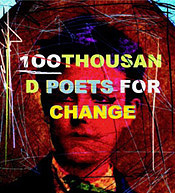James Schevill, 1920-2009
Poet-playwright-critic-teacher James Schevill died on January 1 of pneumonia. He was 88.
James Schevill was born in Berkeley on June 10, 1920. His father, Rudolph, was a professor of Spanish and founder of the Department of Romance Languages at UC Berkeley. His mother Margaret was an artist and a scholar of Navajo culture and mythology.
In 1950, asked by UC Berkeley to sign a loyalty oath, the young Schevill wrote to UC President Robert Sproul, "Loyalty—is not a matter of signature": "Many of my father's friends—have been fired as if their years of service meant nothing. I cannot bring myself to betray the devotion with which my father served a free university." The result was that he was immediately fired and black-balled from teaching in public institutions. Hired by the private California College of Arts and Crafts, Schevill later commented that it was the "best thing that ever happened to me. I met [Richard] Diebenkorn, all those great artists." Schevill's loyalty oath experience is the indirect subject of his most widely-produced play, The Bloody Tenet (1957), about the trial of Roger Williams. The play was premiered by San Francisco's Actor's Workshop, of which Schevill was an active member.
James Schevill was present in Germany during Kristallnacht (November 9-10, 1938), the prelude to the Holocaust during which ninety-one Jews were murdered and 25,000—30,000 were arrested and deported to concentration camps. The experience horrified him, and out of it he produced his first poem. Though Schevill later thought the poem a poor effort, the passion for social justice remained an aspect of his long career. He went on to produce hundreds of poems, over thirty plays, many critical essays, and biographies of Sherwood Anderson and Bay Area artist and promoter Bern Porter.
In 1961, Schevill became Director of the Poetry Center at San Francisco State, where he remained until his departure for Brown University in Rhode Island in 1968. The Poetry Center took an active part in the city's cultural life, and through it Schevill initiated the Poetry in the Schools program. When, in 1966, Lenore Kandel's erotic poem, The Love Book was brought to trial for obscenity, Schevill organized a read-in of the book at San Francisco City Hall. Publicity accompanying the protests eventually led Police Chief Thomas Cahill to instruct the Juvenile Bureau to cease responding to complaints about obscene books.
In 1964, Schevill published one of his finest books, The Stalingrad Elegies. Schevill's poem, with illustrations by San Francisco artist Leonard Breger, was based on the book, Last Letters from Stalingrad, a compilation of letters from German soldiers who, freezing, starving and facing certain death, were given a chance to write a last letter home. The letters were flown out on the last airlift from Stalingrad, then seized by the German High Command. The addresses and senders' names were removed, and the letters were analyzed in a study of troop morale. The results were so damaging to the Nazi regime that the letters were suppressed and locked away in army archives. In one of Schevill's dramatic monologues, a soldier writes to his minister father, "There is no God—He is not here in Stalingrad."
James Schevill returned to Berkeley with his second wife, singer/anthropologist Margot Blum Schevill, in 1988. His first marriage, in 1942, had been to music teacher Helen Shaner. That marriage produced two daughters, Deborah and Susanna, before it ended in 1965. Schevill married Margot Blum in 1966. In 1983 they collaborated on Performance Poems, an LP released by Cambridge Records.
James Schevill's major works are collected in Ambiguous Dancers of Fame: Collected Poems 1945-1986 (1986); Collected Short Plays (1986); 5 Plays 5 (1993); and The Complete American Fantasies (1996)—all available from Swallow Press. In the American Fantasies, Schevill attempts "to catch the tone of the country as I witnessed it during the major part of the twentieth-century": "Through circumstances of war, theatre, poetry readings, and teaching, I have wandered and lived widely throughout my country, traveling frequently east, south, and north from my western upbringing." In 1991, he was awarded the Literary Drama Prize of the American Institute of Arts and Letters.
James Schevill is survived by his wife, Margot; his daughters, Deborah Schevill and Susanna Schevill; a stepson, Paul Blum; a stepdaughter, Sherifa Zuhur; and by three grandchildren and four step-grandchildren.
Contributions in his memory may be sent to Poetry Flash, 1450 Fourth Street, #4, Berkeley, CA 94710.
— posted by Jack Foley




